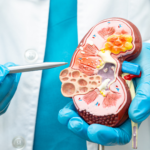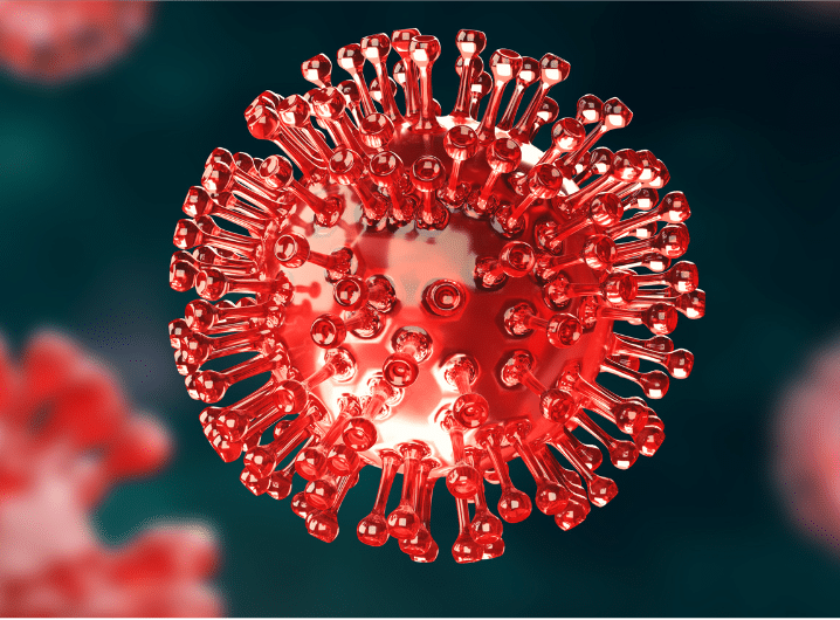HIV remains a major health challenge in Puerto Rico. Nearly 16,000 people in Puerto Rico are living with HIV, including 410 people who were newly diagnosed in 2021.
When Centro Ararat began as a primary health care clinic 23 years ago, our options to help our clients avoid becoming infected with HIV were limited to condoms and health risk education.
A lot has changed on HIV prevention since our earliest days as a clinic. We know now, for example, that a person living with HIV who is on treatment and virally suppressed can’t transmit the virus to their partners. We call this “U = U,” for Undetectable = Untransmittable.
And HIV-negative people now have additional options to avoid getting the virus. One is known as PrEP, or pre-exposure HIV prophylaxis. With PrEP, the same drugs used to treat HIV can be taken by HIV-negative individuals. PrEP is extremely effective if taken daily, reducing the risk that an HIV-negative person will get HIV by as much as 99%. Studies have shown that taking PrEP is associated with few, mostly minor side effects.

Centro Ararat is currently providing PrEP to nearly 800 people in our five clinic sites in San Juan, Ponce and Arecibo. We had to work really hard to reach this point. At first, private insurers refused to cover PrEP in Puerto Rico and the Commonwealth’s Medicaid program also wouldn’t cover it.
Fortunately, that has changed. After a lot of advocacy by Centro Ararat and other community partners, Medicaid now covers PrEP and more private insurers are doing so as well. In Puerto Rico, the PrEP that is available is taken orally, every day.
But we still aren’t seeing as many people on PrEP as we need to end the HIV epidemic in Puerto Rico.
An important reason why more people aren’t receiving PrEP is that many people aren’t aware of it. All of us need to be talking to our friends and family members about PrEP. It’s a key part of how we can end HIV in Puerto Rico.
Some people have misconceptions about PrEP, thinking perhaps that PrEP is right only for people who have lots of sex with lots of different people. There is nothing wrong with having lots of sex! But for people who don’t consider themselves especially sexually active, it’s worth remembering that it only takes one condomless sexual encounter to get HIV. The truth is that many people could benefit from PrEP.
Not everyone who knows about PrEP understands how important it is to take the medication as prescribed, every day. That’s why Centro Ararat has staff who educate our clients about the importance of adhering to the daily medication schedule.
Preventing HIV transmission is not the only reason to take PrEP. It can also improve your sex life! By taking some of the anxiety out of sexual decision-making, PrEP can help the sex you have become more pleasurable. All of us have the right to a healthy, pleasurable sex life.
At Centro Ararat, we’ve worked to make our programs welcoming to people from all walks of life. We have staff who can answer your questions about PrEP and help you decide if it’s right for you.
We’ve specifically designed our services to minimize any reservations people might have about going to an HIV clinic. Because we aren’t an HIV clinic. We are a primary health care clinic that serves everyone – from adolescents to people in their 80s. As our transgender clients face unique needs, we’ve created a clinic site that has been specifically designed to serve them.
We are concerned about HIV and your sexual health, and we are here to help you decide if PrEP is right for you. We hope you will think about it.
To obtain more information about how PrEP works, access CDC’s Let’s Stop HIV Together website and click on “HIV Prevention” for details.



